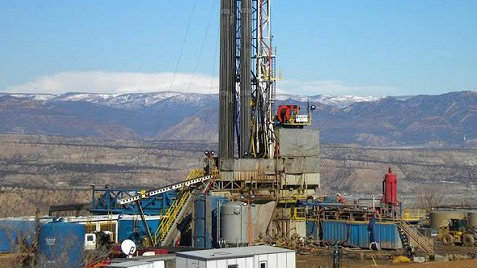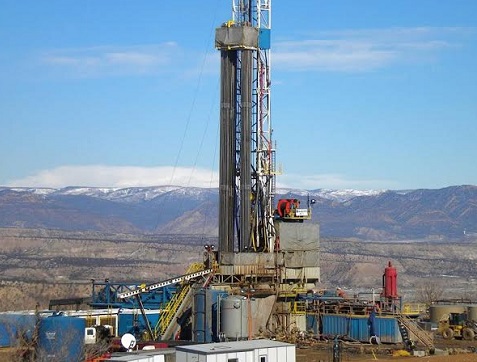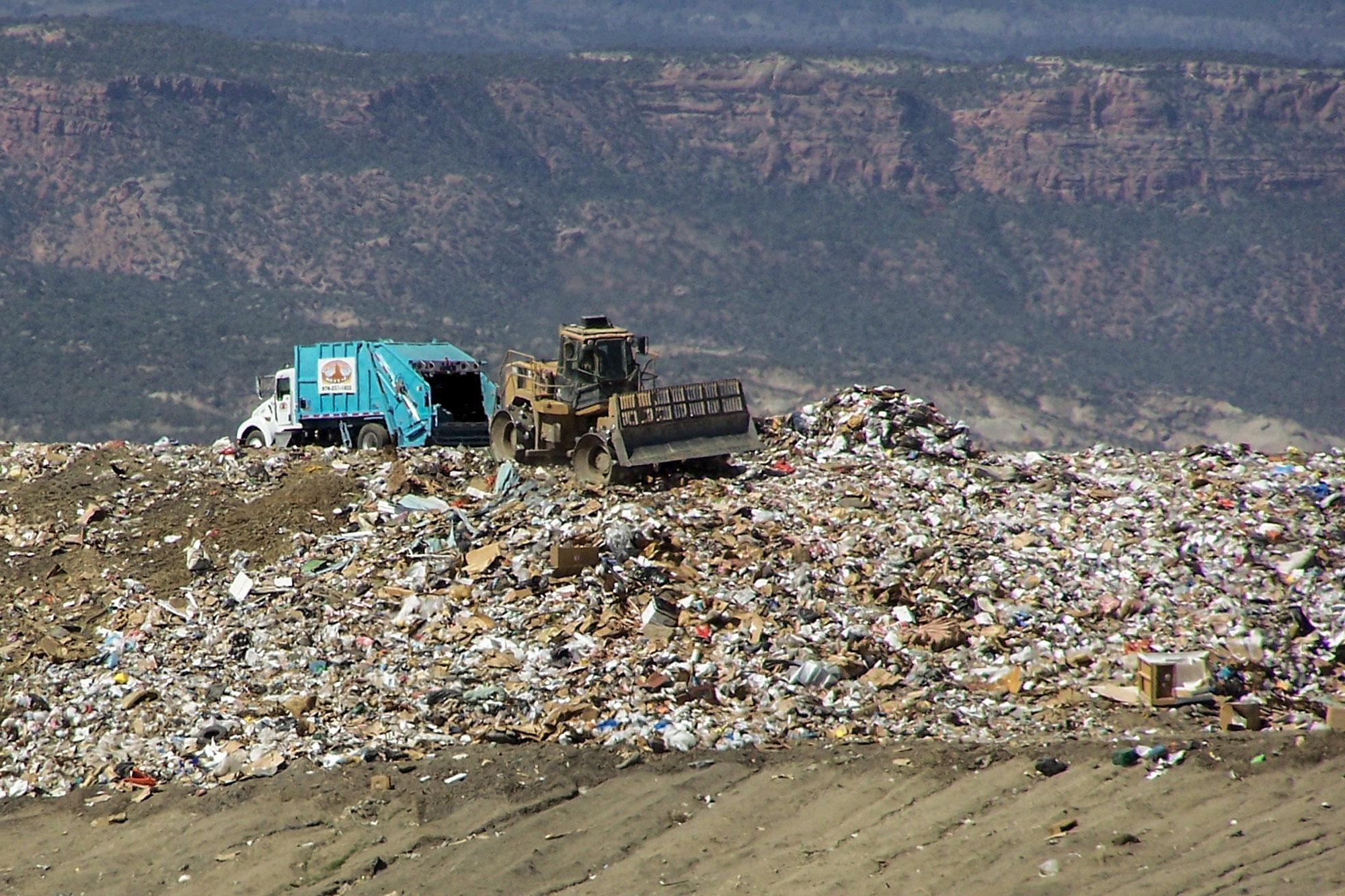

To test the environment, researchers from the University of Missouri studied surface and ground water samples from sites with drilling spills or accidents in a drilling-dense area of Garfield County, Colo., an area with more than 10,000 active natural gas wells.
They also sampled drilling-sparse control sites that had not experienced spills in Garfield County and also in Boone County, Mo.
The hormone-disrupting activity was higher in samples near drilling sites than in samples taken from the control sites, according to the results of the study accepted by the journal Endocrinology.
The researchers did not examine whether the chemicals actually made anyone in Garfield County sick.
Carol Kwiatkowski, Executive Director of the Endocrine Disruption Exchange, a science-based advocacy organization in Paonia, Colo., says the potential for adverse health effects exists, especially when products and practices that affect hormones are involved.
Kwiatkowski says 37 percent of the hundreds of chemicals used by the natural gas industry are known to adversely affect cell development.
Research also supports the fact that exposure to endocrine disruptors can lead to problems with fertility, birth defects and cause cancer.
"Also, effects on the immune system and cardiovascular disease," Kwiatkowski says.
The oil and gas industry remains critical of the study.
Katie Brown from the national trade group Energy in Depth says that endocrine disrupting chemicals are in so many products today that it’s unfair to pin their increase in the environment on natural gas drilling.
Brown also criticizes the researcher’s choice of locations for the study.
“It [the study] compares Boone County, Mo., with Garfield County, Colo., which is essentially comparing apples to oranges,” Brown says. “These are different states, different regions, they have different industries in their areas, completely different terrain. And, the report treats them as if they are exactly the same.”
The authors of the study say future research will explore whether health issues can be directly tied to the chemicals discovered during the research.









